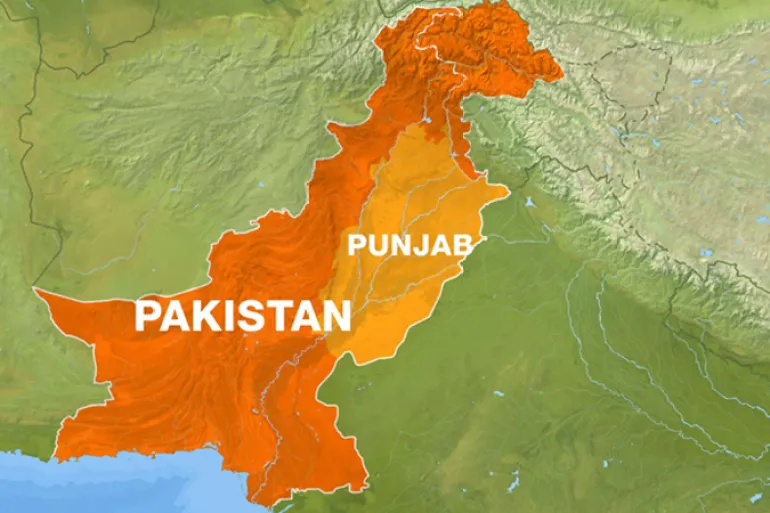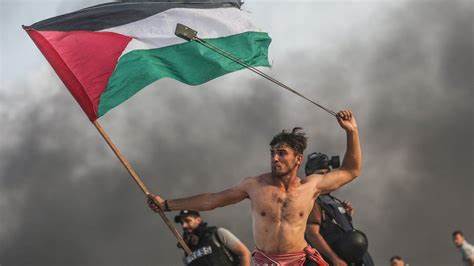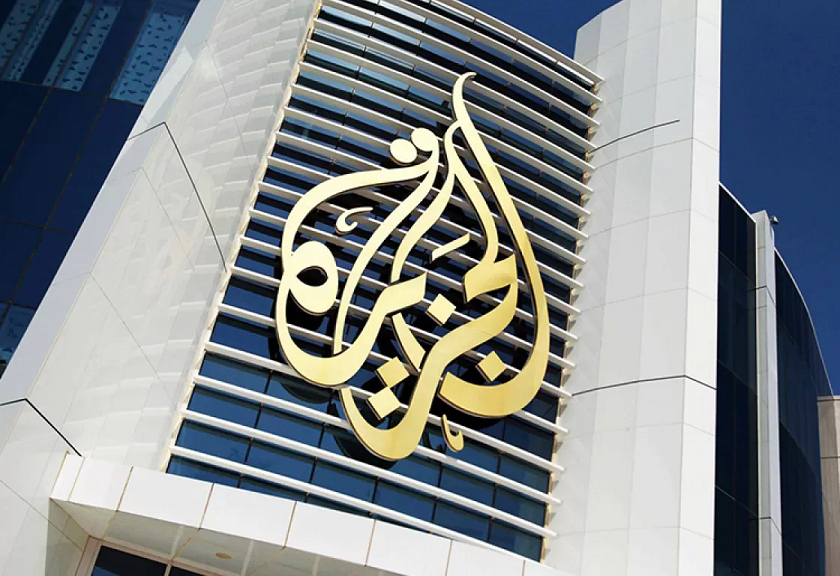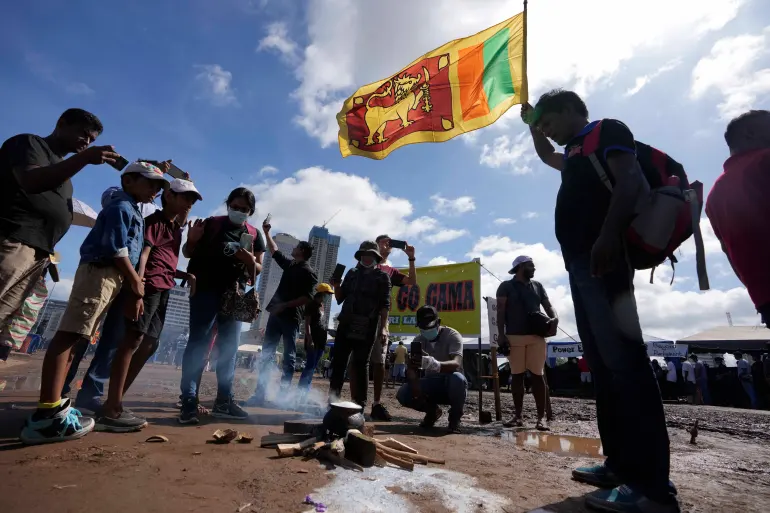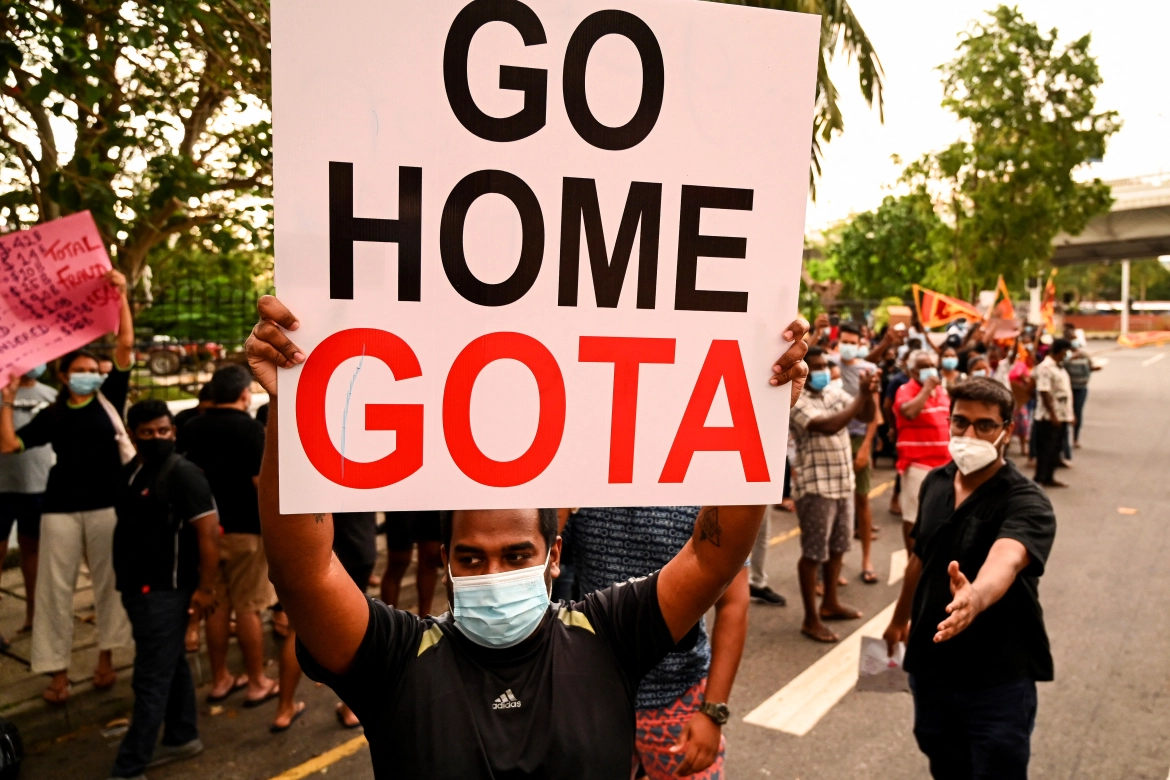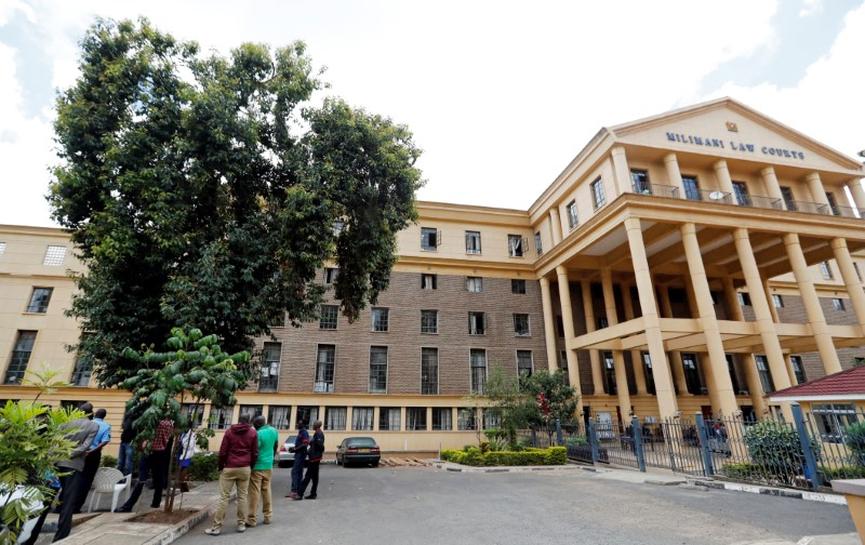HRW: Social media companies should preserve evidence of human rights violations in Afghanistan

Human rights organisations are calling on social media companies to assist in the preservation of evidence and in archiving content on human rights abuses in Afghanistan.
On Tuesday Human Rights Watch joined the organisations Access Now, Amnesty International USA and Mnemonic in issuing a statement stating that social media platforms needs to preserve and archive such content
Social media
Internet access and the increasing availability of mobile phones has changed the way evidence of human rights abuses is being recorded
Social media has become a critical conduit for activists, human rights defenders, civil society, and journalists to monitor events, document human rights abuses and war crimes as they occur. Social media is increasingly used to mobilise for justice and accountability after the commission of gross human rights abuses.
The preservation of evidence by social media and other companies falls under the responsibility of companies to respect human rights. Under the United Nations Guiding Principles on Business and Human Rights, companies, wherever they operate in the world, have a responsibility to respect all human rights. This corporate responsibility requires companies to take concrete steps to avoid causing or contributing to human rights abuses and to address human rights impacts with which they are involved, including by providing effective remedy for any actual impacts.
Speaking to Al Jazeera Human Rights Centre Belkis Wille, senior conflict and crisis researcher at Human Rights Watch said: ‘With conflicts around the world a lot of social media content is being posted some of which is extremely valuable to war crimes investigations and investigations into crimes against humanity and genocide. And in some cases content is being taken offline because they are in violation of the social media company’s policies. For example videos will be taken offline because they are categorised as graphic violence or terrorist content. In some cases this content can be extremely important for future investigations.’
Wille added: ‘The ICC has an open investigation into the situation in Afghanistan. It is extremely important that content should be preserved.’
.
- Most Viewed
- Most Popular


